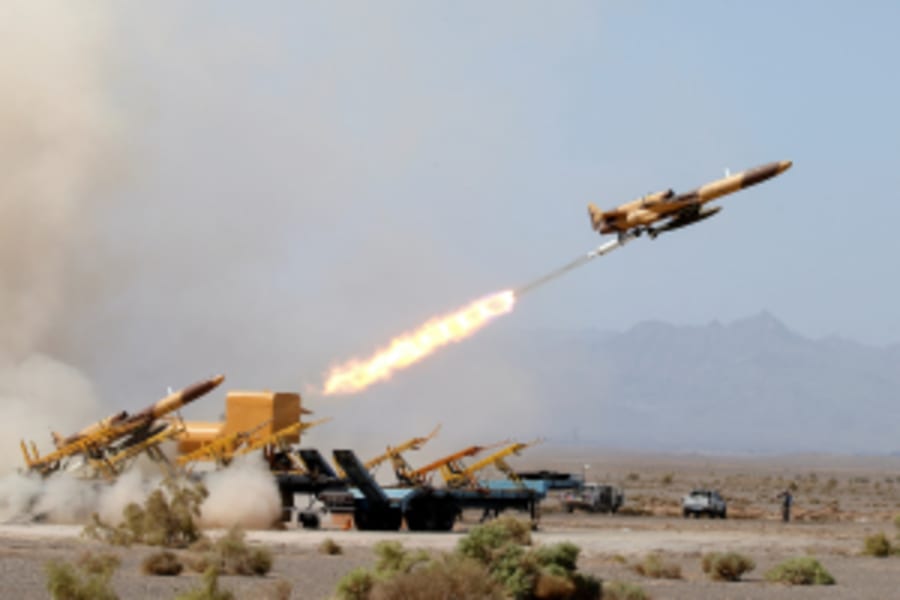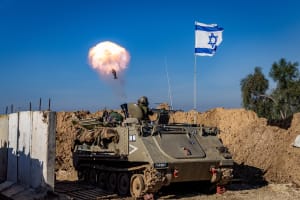Israeli cabinet authorizes response against Hezbollah, Netanyahu and DM Gallant will decide on method and timing
US exerting heavy pressure on Israel to restrain response to killing of 12 children

During an almost four-hour discussion on Sunday evening, the Israeli Security Cabinet approved the targets for Israel’s response to Hezbollah killing 12 children and wounding dozens more in the northern Israeli town of Majdal Shams on Saturday.
Israeli Prime Minister Benjamin Netanyahu and Defense Minister Yoav Gallant were authorized by the cabinet to decide on the timing and method of Israel’s response. Officials explained that the response would be significant but limited enough to avoid leading to an all-out war.
Finance Minister Bezalel Smotrich and National Security Minister Itamar Ben Gvir reportedly abstained from the vote after demanding more drastic action to be taken.
“You have to decide what your goal is, and based on the goal, determine the actions. Because you understand that on the one hand, you have to respond in an unprecedented way until today, but on the other hand, you are not convinced that going to war now is a smart move,” a security official told Ynet News.
“You cannot derive your actions from the fact that there will be no war, because things could get complicated,” he added.
Another official stated that while Israel would attempt to avoid strikes that might provoke Hezbollah to escalate, the army is preparing for more intense attacks against Israel in the coming days.
Meanwhile, the U.S. and France are exerting heavy pressure behind the scenes on both Israel and the Lebanese government to avoid an escalation of the war, which is widely feared could pull in Iran and its militia forces across the Middle East.
“We’re in conversations with the government of Israel. And again I emphasize its right to defend its citizens and our determination to make sure that they’re able to do that,” said U.S. State Secretary Antony Blinken. “But we also don’t want to see the conflict escalate. We don’t want to see it spread.”
A senior official in the Biden administration noted: “I don’t think we are going to an all-out war in Lebanon, but a miscalculation here can lead to war.”
In Lebanon, the deputy speaker of the Parliament, Elias Abu Saab, told Al Jazeera News that Israel’s response would not be considered limited if it leads to civilian casualties or targets Beirut and its suburbs, where Hezbollah maintains its headquarters.
The Axios news outlet cited an Israeli official saying that U.S. special envoy Amos Hochstein told Israel it must minimize civilian harm in its response and avoid an escalation of the fighting that began after Hezbollah began launching attacks against Israel in support of the Hamas terrorist organization last October.
Hochstein is concerned that if the IDF strikes Beirut, Hezbollah would respond by firing long-range missiles at Israel, possibly threatening the Tel Aviv area and paving the way for an all-out escalation, the official said.
“We definitely think an IDF strike on Beirut is a potential red line for Hezbollah,” a U.S. official said.
We recommend to read:

The All Israel News Staff is a team of journalists in Israel.














